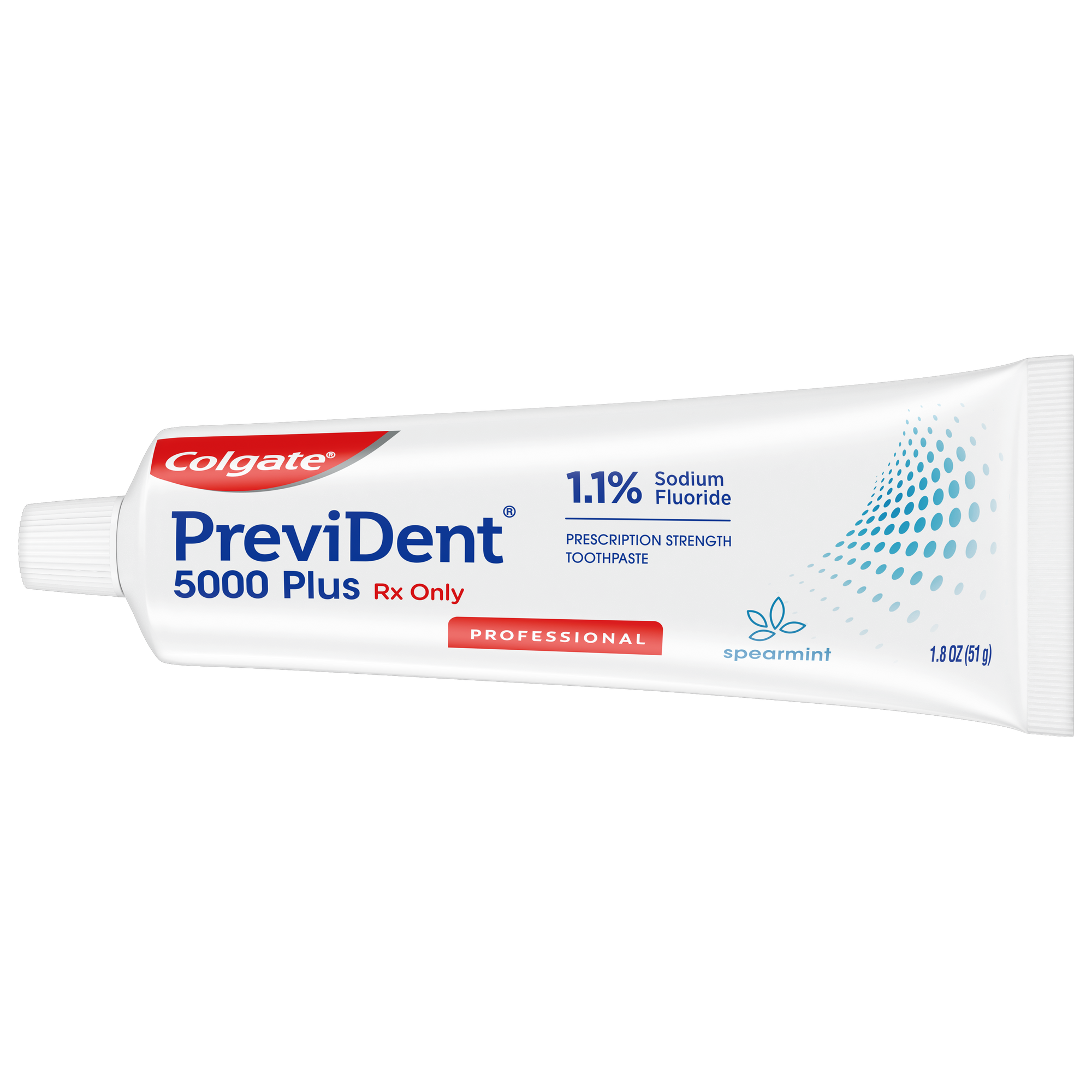What Are Lie Bumps?
Lie bumps are a common condition, and it's been said that you get them from telling lies. That's a fun myth, but ironically it's simply not true. The real name, transient lingual papillitis, is more informative of what the condition actually is. Transient tells you that they are temporary. Lingual – that they are on the tongue. And papillitis – the condition inflames the papillae (small bumps formed by mucous membrane cells that make up the tongue's surface, says an article on InformedHealth.org).
There are four different types of papillae, each with its own function:
- Filiform
The most common form of papillae and the only type that doesn't contain taste buds.
- Fungiform
Found at the tip of your tongue, these papillae are shaped like mushrooms and have taste buds and sensory cells.
- Foliate
These papillae line the side of your tongue, are leaf-shaped, and also contain taste buds.
- Circumvallate
These v-shaped papillae are the largest, contain taste buds, and are located to the back of your tongue.
What Are The Symptoms Of Lie Bumps?
Some people think lie bumps are like a pimple on their tongue. These bumps can be a bit painful and can make eating difficult, especially when you're munching on acidic or sour foods. You could get one or numerous lie bumps that cause a burning or tingling sensation. They can even cause dry mouth and alter your sense of taste, but they tend to go away without further issues in most cases despite all the potential discomfort.
What Causes Transient Lingual Papillitis?
It's unknown what causes lie bumps, but it's believed that injuries to the tongue and repeated irritation are often the cause.
Other risk factors may include:
- Stress
- Lack of sleep
- Poor nutrition
- Consumption of sour or acidic foods
- And smoking
Various health conditions are also potential risk factors, like:
- Eczema
- Allergies
- Geographic tongue
- Gastrointestinal disorders
- And asthma
Should I See a Dental Professional?
If you have bumps or sores on your tongue that don't heal after several days and you are concerned about your condition, you may want to visit your dental professional – especially if the bumps are painful and interfere with eating. It may signify a more severe condition.
How Do You Get Rid of Lie Bumps?
In most cases, no treatment is necessary. The condition usually improves on its own. If you are experiencing an excessive amount of pain, your dental professional may recommend something for relief. The best thing for you to do is if you have one or more lie bumps is to:
- Avoid tongue irritation.
- Eliminate spicy foods.
- Don't eat sour foods.
- Use oral moisturizing products if dry mouth is an issue.
How to Prevent Lie Bumps
Make sure to practice good oral hygiene to help prevent lie bumps. Be sure to brush at least twice a day, and don't forget to brush your tongue. Consider using other helpful products like an antimicrobial mouthrinse and tongue scrapers. And be sure to see your dental professional for regular appointments. Sharp-edged teeth and restorations could cause your lie bumps, which your dentist can easily correct.
Learn interesting facts about the tongue for well-rounded oral care.
Now that you know lie bumps tend to go away on their own, hopefully, you're more at ease about your condition. And although there may not be a definite cause for your lie bumps, you can be confident that by practicing good oral hygiene, you'll best be able to prevent a lot of undesirable conditions – and that's no lie.
This article is intended to promote understanding of and knowledge about general oral health topics. It is not intended to be a substitute for professional advice, diagnosis or treatment. Always seek the advice of your dentist or other qualified healthcare provider with any questions you may have regarding a medical condition or treatment.
ORAL HEALTH QUIZ
What's behind your smile?
Take our Oral Health assessment to get the most from your oral care routine
ORAL HEALTH QUIZ
What's behind your smile?
Take our Oral Health assessment to get the most from your oral care routine















